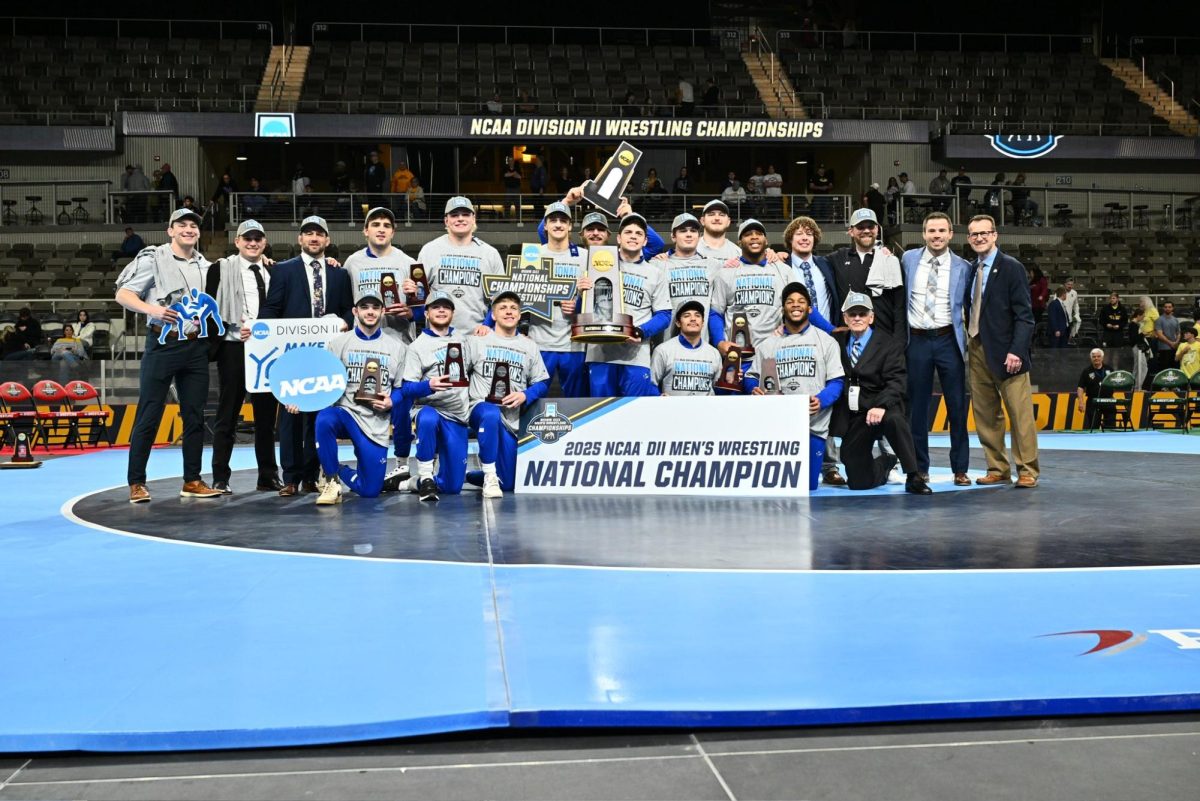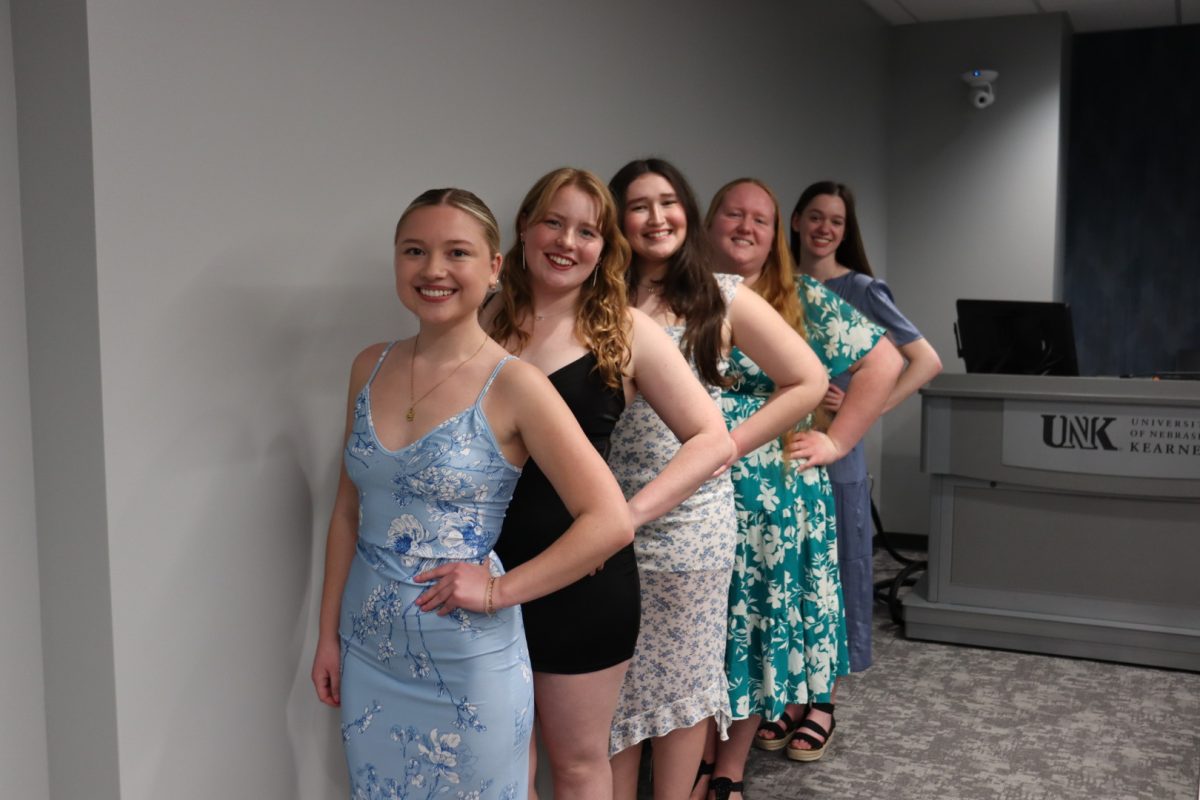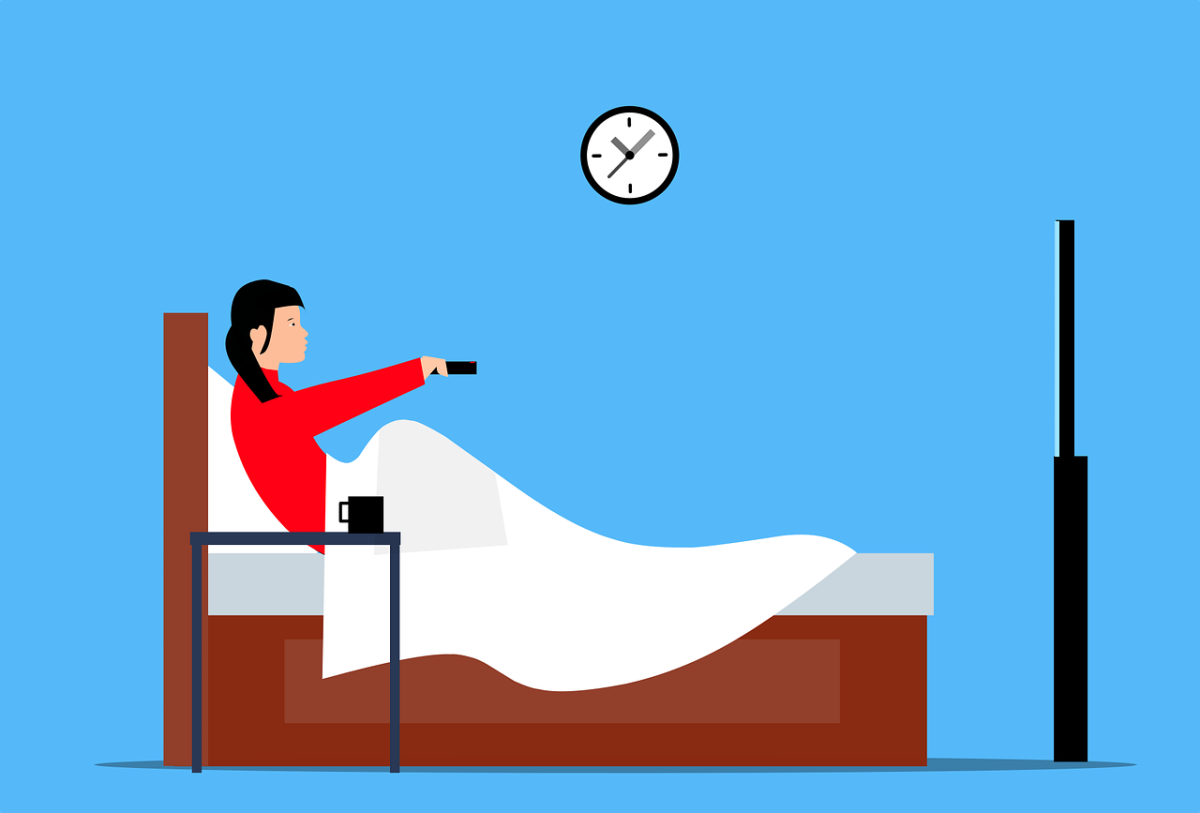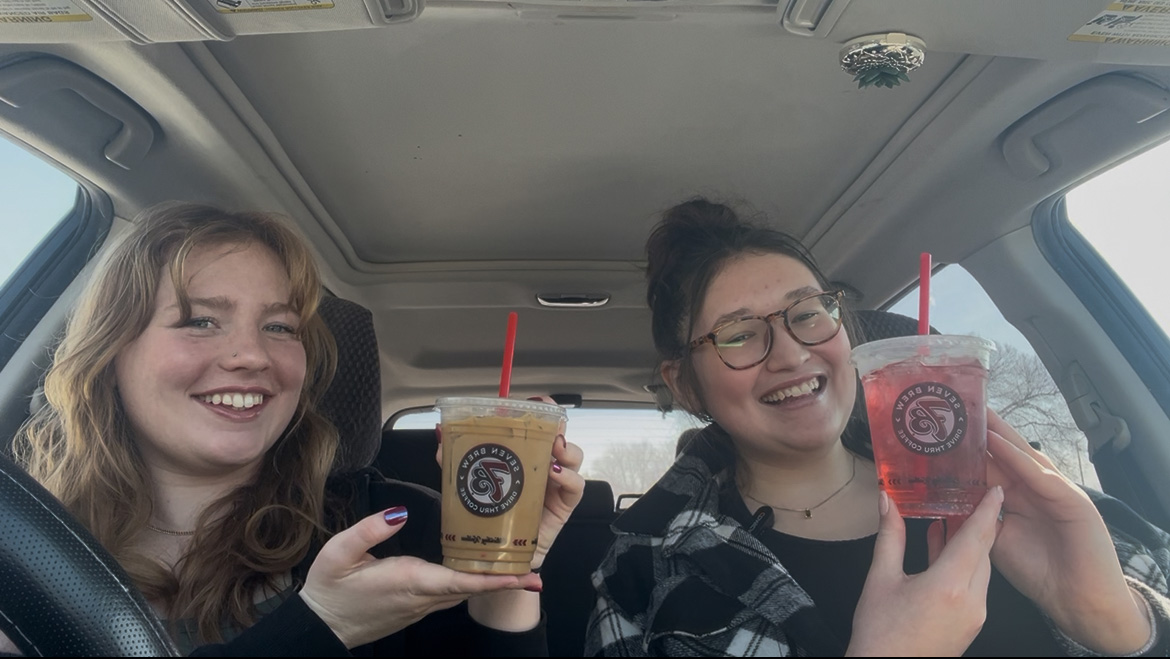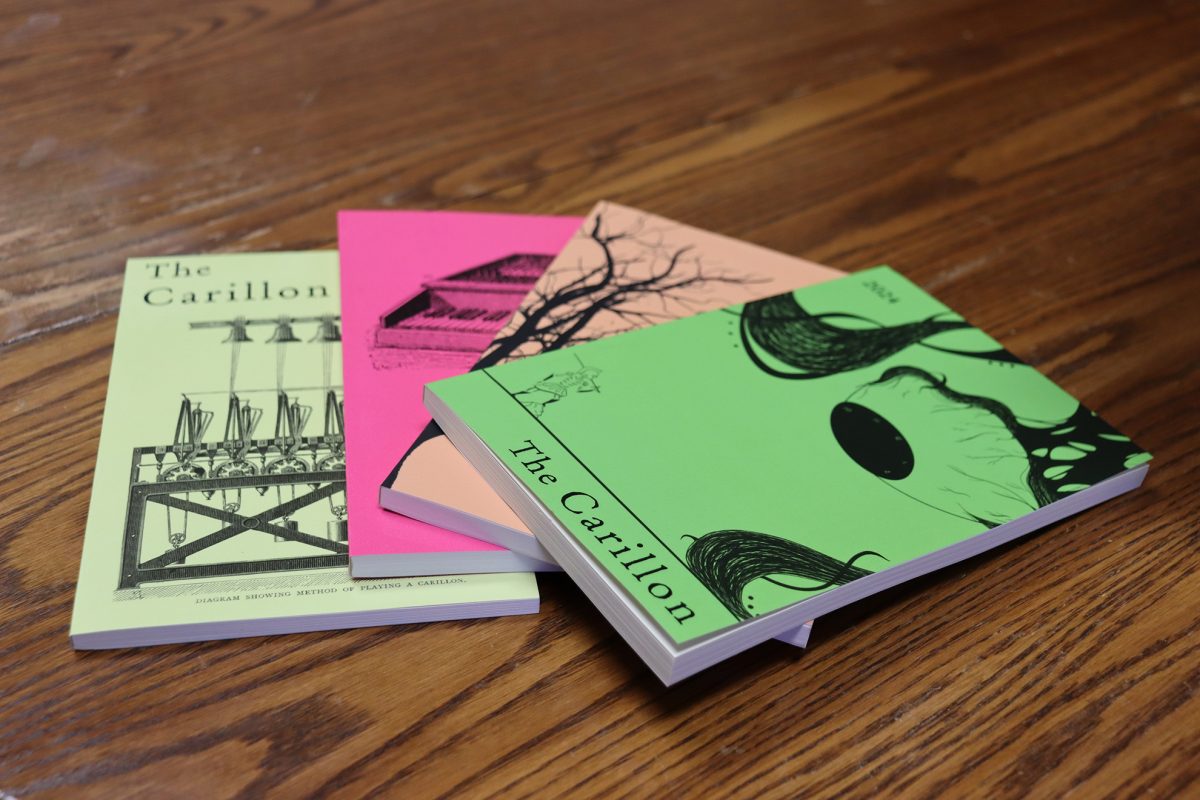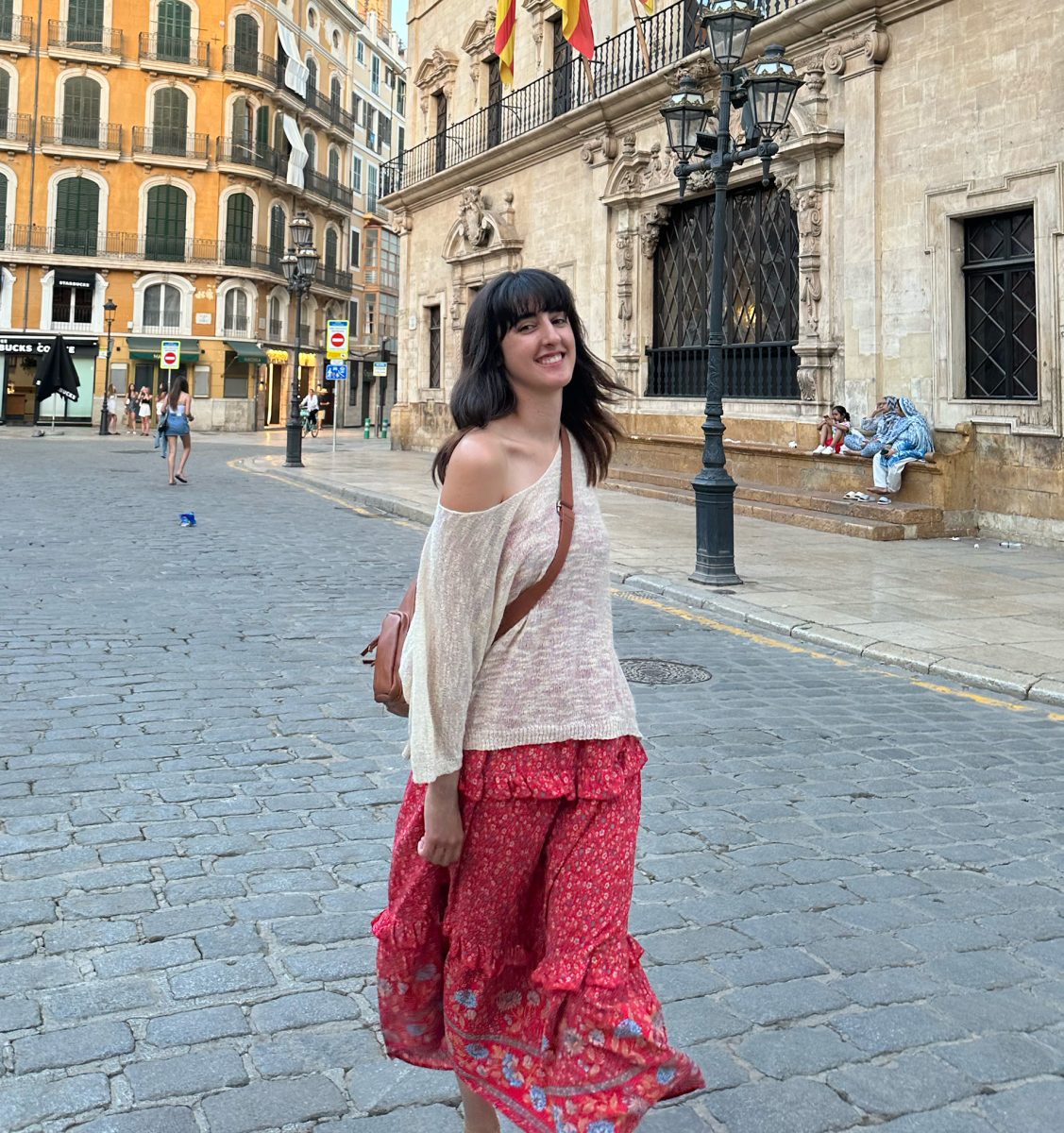After one month of studying abroad in Granada, Spain, I experienced many culture shocks while living there. I went into the experience fully expecting to encounter major differences because I knew I was embracing a new culture and lifestyle. I figured the best way to tackle this was with an open mind – and I was right.
There were quite a few culture shocks when it came down to the cuisine and restaurant styles of Granada. When I arrived in the city, I struggled to enjoy the food. In a lot of ways, my American body didn’t expect such a huge difference in cuisine. I would classify myself as a slightly picky eater, so if you’d put yourself into this category, you may understand my struggle. I think I had gone in with a mindset of what it would be like, and what it turned out to be was completely different. After my first week, my body finally accepted the food I yearned to enjoy, which included croquetas de jamon/pollo, plato alpujarreno, tortilla de patatas, gazpacho and paella. I was beginning to fall in love with the food that was in front of me, just as much as the city that surrounded me.
Specifically, when ordering water at a restaurant, I was surprised to find no ice cubes in my glass. If I asked for ice, I would receive one, sometimes two, ice cubes in my drink. This may seem like a small thing, but if you’re American, the norm is usually at least 10 or more ice cubes without question. After some European travels, I have found this to be their specialty; they are extremely efficient when it comes to ice cube usage.
Within the theme of cuisine, one of the funniest culture shocks was the waiters. There were many instances during meals with my friends where we would struggle to get the attention of the waiter to pay for the meal. Essentially, we had to stand up and flag them down to get their attention. Even then, we left about 30 minutes later than we intended to, as Spaniards are in absolutely no rush. I feel like in America we like to get our food, get the bill and head out. On a normal night out in a restaurant, we would be there for a long and leisurely time, talking the night away. This is a big cultural element I encountered in Spain; they prioritize socializing during meals, and the waiter never interrupts – you are the one to call them over. It was a very different feeling – thoroughly enjoying the meal and the conversation. I honestly think I preferred it over the way we have it here. As a slow eater, I never felt rushed and always felt relaxed.
My favorite culture shock was the siesta (nap) hour in Granada, which typically ran from 3-5 p.m. A lot of local businesses and restaurants would be closed during this time. The mindset was to allow reserved time to rest, a rarity in American culture. After classes and lunch almost every day, I would take the most wonderful nap, which recharged me to go back out to the city center in the evening once everything had opened back up. It’s important to note that this was an Andalusian custom, and isn’t practiced all throughout Spain.
While I did encounter many drastic changes while living abroad, these changes are what shaped my experience, one that was incredibly life-changing and soul-shifting. I miss Granada every day, and I can’t wait to go back as soon as I can. I hope to bring my family or friends so that I can see what culture shocks they experience.








